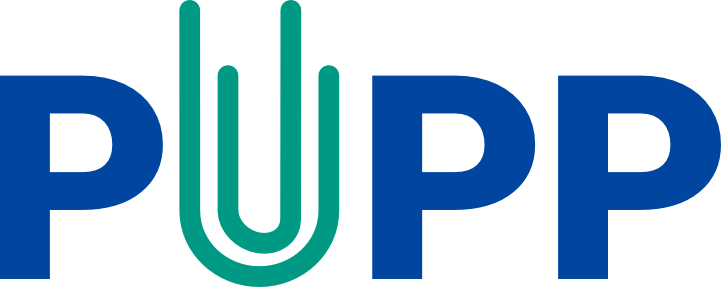Upcoming events
No events are found.
Past events
Deprecated shortcode. Use [vsel list="past"] instead.
Research Ethics Training to Facilitate Collaboration in an International Partnership
Listen here to a conference in English given in May 2022, for the ECAIP 2022 event, in Porto (Portugal) by Catherine E. Déri, PhD Candidate, Department of Education Sciences, Université du Québec en Outaouais where she talks about research ethics, training for an international perspective, takeaways and recommendations.
